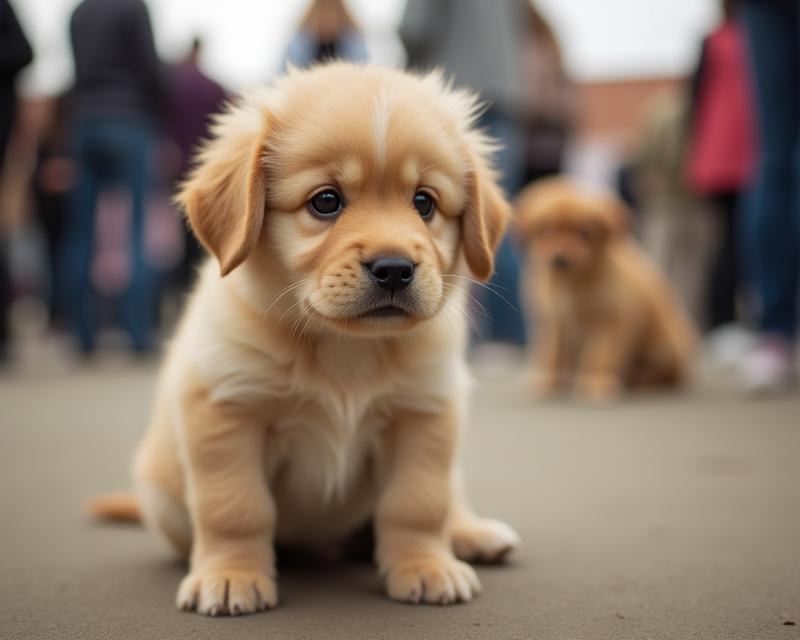Puppy Diarrhea: What to Do When They Eat Something Weird
Publish in Health el 28/06/2025 19:08
Puppy Diarrhea: What to Do When They Eat Something Weird
Oh no! You're noticing your adorable new puppy has diarrhea. It's a stressful situation for both of you, but don't panic! It's a common issue, especially for curious pups who love to explore with their mouths. Often, a sudden change in diet or a sneaky nibble on something they shouldn't is the culprit.

Let's say your little one attended a pet adoption event and, amidst all the excitement, managed to sample something unusual – a dropped treat, a bit of grass, or maybe even a forgotten piece of food. This can easily upset their delicate digestive system. Puppies have sensitive stomachs, and what might be harmless to an adult dog can cause significant problems for a young pup.
What to Look For
First, it's important to assess the situation. Is it just a single, loose stool, or is it frequent and watery? Are there any other symptoms like vomiting, lethargy (lack of energy), loss of appetite, or abdominal pain? A little bit of loose stool can happen, but if you see any of those other signs, it's time to call your veterinarian. Also, pay attention to the color and consistency of the diarrhea. Dark, tarry stools could indicate a more serious problem and warrant immediate veterinary attention.
What You Can Do at Home
For mild cases of diarrhea, you can often manage it at home. The key is to provide your puppy with easily digestible food. Bland, boiled chicken and white rice is a classic recommendation. Offer small, frequent meals rather than large ones. Make sure they have access to plenty of fresh, clean water to prevent dehydration. You can also consider adding a small amount of plain, unsweetened yogurt with probiotics to help restore the balance of good bacteria in their gut.
Important: Avoid giving your puppy human medications or over-the-counter remedies without consulting your vet. Many human medications are toxic to dogs!
When to See a Vet
While most cases of puppy diarrhea resolve quickly, there are situations where a vet visit is crucial. Call your veterinarian immediately if your puppy:
- Is vomiting
- Is lethargic or weak
- Has blood in their stool
- Shows signs of abdominal pain
- Has a fever
- The diarrhea lasts longer than 24-48 hours
Your vet can determine the cause of the diarrhea and recommend the best course of treatment. Prevention is always better than cure, so be mindful of what your puppy is getting into, especially in new environments like adoption events! A little vigilance can go a long way in keeping your furry friend happy and healthy.





